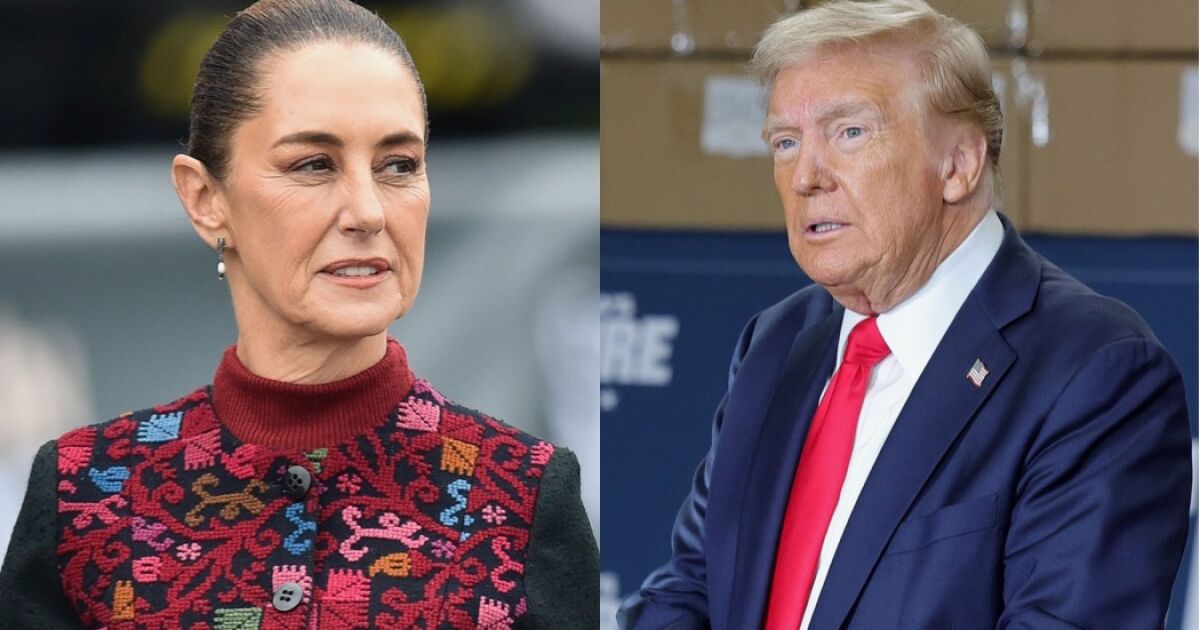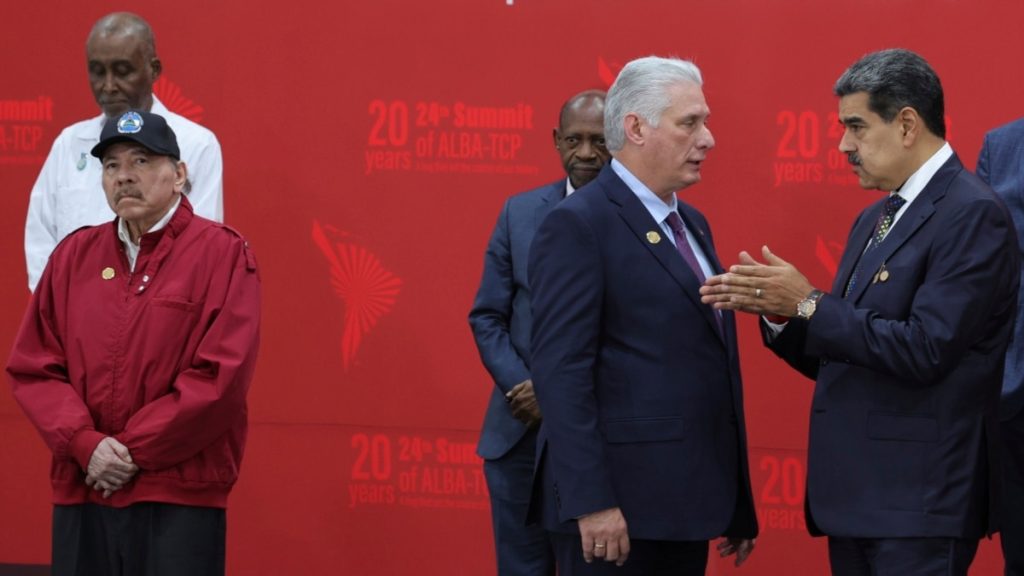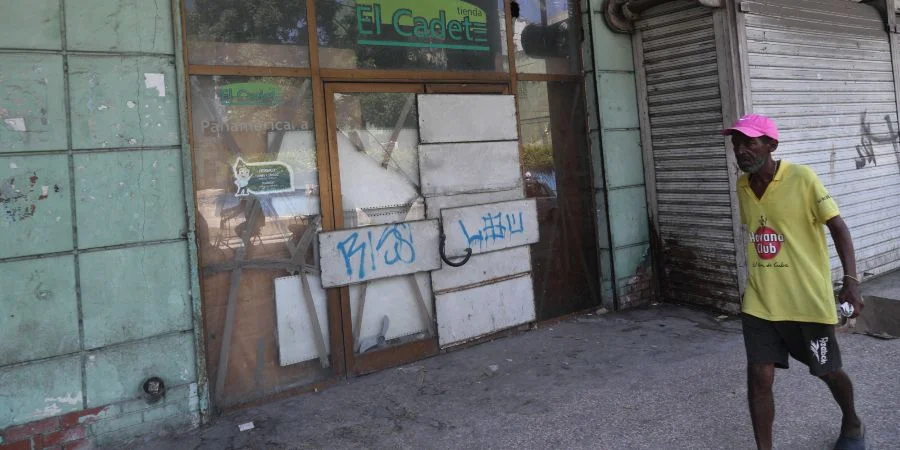Bilateral relations and the tension of unilateralism
Former President Trump’s administration is known for its unilateral approach on immigration, trade and security policies. From the beginning of his first presidential term, he promoted the construction of a border wall, toughened asylum policies and used the application of tariffs as a tool of political pressure.
On the eve of his second term in office, President-elect Trump has proposed applying tariffs to Mexico and Canada if they do not strengthen their immigration and anti-organized crime policies. However, the reduction of tariffs in the three countries as part of the North American region allows them to strengthen regional competitiveness against the rest of the world, especially against China.
President-elect Trump has also proposed deporting irregular migrants in the United States. This measure is complex to implement due to legal, operational and bureaucratic restrictions. Republican states such as Texas, Arizona and Florida would be among the main affected.
Finally, President-elect Trump will declare Mexican criminal groups as foreign or international terrorist organizations (Foreign Terrorist Organization or FTO). The statement by the Mexican cartels can be interpreted as a political pressure strategy by the president-elect to justify a more aggressive stance towards Mexico. A challenge for the Mexican government is to deploy a diplomatic and security strategy that combines the defense of sovereignty with a pragmatic approach to cooperation.
An effective strategy of the Mexican government could include the reactivation of bilateral mechanisms such as the Mexico-United States Binational Commission and the High Level Economic Dialogue (DEAN). These forums would make it possible to manage multidimensional security issues, emphasizing co-responsibility in the fight against organized crime and the management of irregular migration flows.
Likewise, President Sheinbaum could promote a diplomatic speech that highlights the importance of cooperation to confront common threats such as organized crime, irregular migration, arms trafficking and money laundering.
Security and combat against organized crime
Drug, weapons and human trafficking represent a threat in the border region. President Sheinbaum’s administration could implement a comprehensive approach that combines shared intelligence with targeted security operations and preventive actions that reduce opportunities for transnational organized crime. Likewise, he could advocate for a change in US policies towards gun control, given that a large portion of the weapons used by cartels in Mexico come from the US market. This will require close collaboration with US agencies, but also a strengthening of the capabilities of Mexican security forces. This type of collaboration requires a diplomatic relationship based on trust and mutual respect.
Border governance: Toward a safe and humane border
The border region between Mexico and the United States is a space of complex interaction where phenomena such as migration, trade, organized crime and humanitarian crises converge. For President Sheinbaum, the multidimensional security approach involves transforming border governance through initiatives that balance security with regional development. President Sheinbaum has the option to continue promoting the agenda of the 21st Century Frontier which is based on the following principles:
a) Modernization of border crossings: Investment in infrastructure to improve efficiency at ports of entry and reduce waiting times.
b) Use of advanced technology: Implementation of surveillance systems, sensors and drones to improve security without interrupting or delaying border crossings of cars, people and commerce.
c) Intelligence and security cooperation: Exchange of information between agencies of both countries to combat drug, weapons and human trafficking.
d) Trade facilitation: Creation of programs such as Trusted Traveler Programwhich expedite the crossing of people and low-risk goods. There is a policy history that has shown that it is possible to balance border security with promoting trade and cross-border cooperation.
Infrastructure and regional development
Underdevelopment and inequality in the border region contribute to perpetuating insecurity. President Sheinbaum could promote infrastructure projects that improve connectivity, promote commerce and generate employment, within the framework of the DEAN. One of the most benefited states is Texas, its geographical location, its infrastructure and its proximity to Mexico give it a unique competitive advantage. Additionally, Texas leads in exports within the United States, with Mexico as its main trading partner. Bilateral trade last year was $272 billion. Texas imported 142,000 million into Mexico and is the first state in the entire United States that is buying products from Mexico.
Climate challenges and environmental security
Climate change must also be considered within the multidimensional security agenda. The border region faces risks such as droughts, water scarcity and environmental degradation, which affect both food security and social stability. President Sheinbaum could lead cross-border cooperation initiatives to manage natural resources and mitigate the effects of climate change, promoting the transition to renewable energy and the conservation of shared ecosystems. The problem is that this agenda is not necessarily a priority for President-elect Trump.
Diplomacy and the role of female leadership
The arrival of Claudia Sheinbaum to the presidency also marks a milestone in the history of Mexico, not only for being the first woman to hold the position, but also for her inclusive leadership style and her focus on social justice. This change could positively influence the dynamics of relations with the new US government, promoting a more collaborative diplomacy based on shared values.















